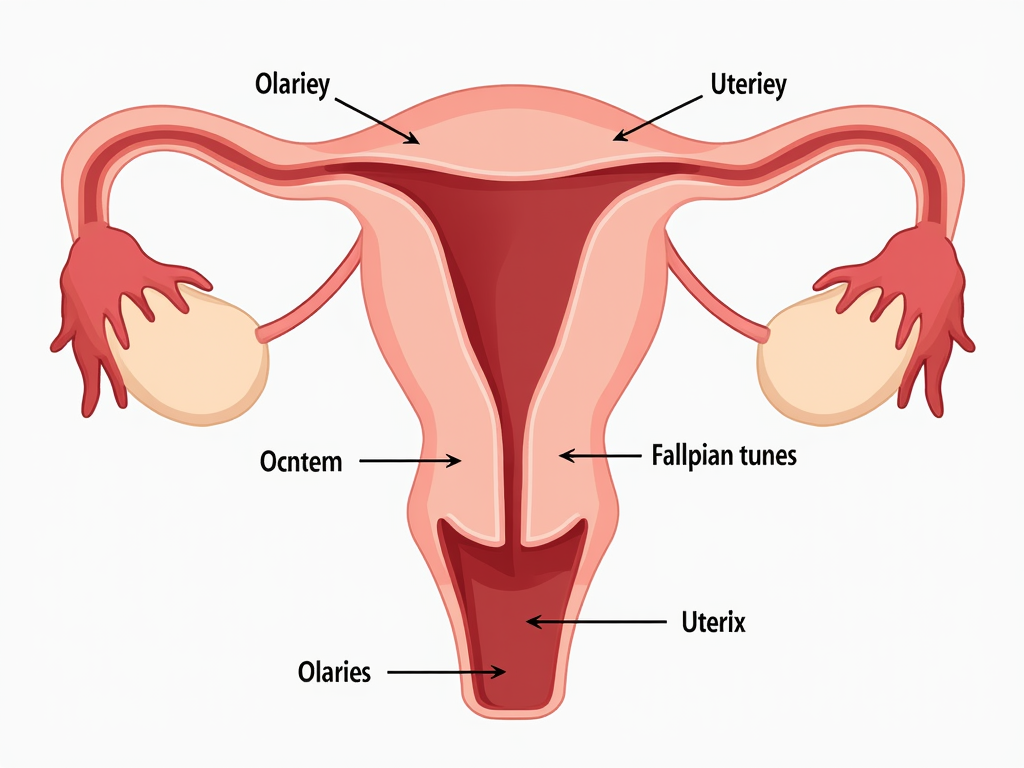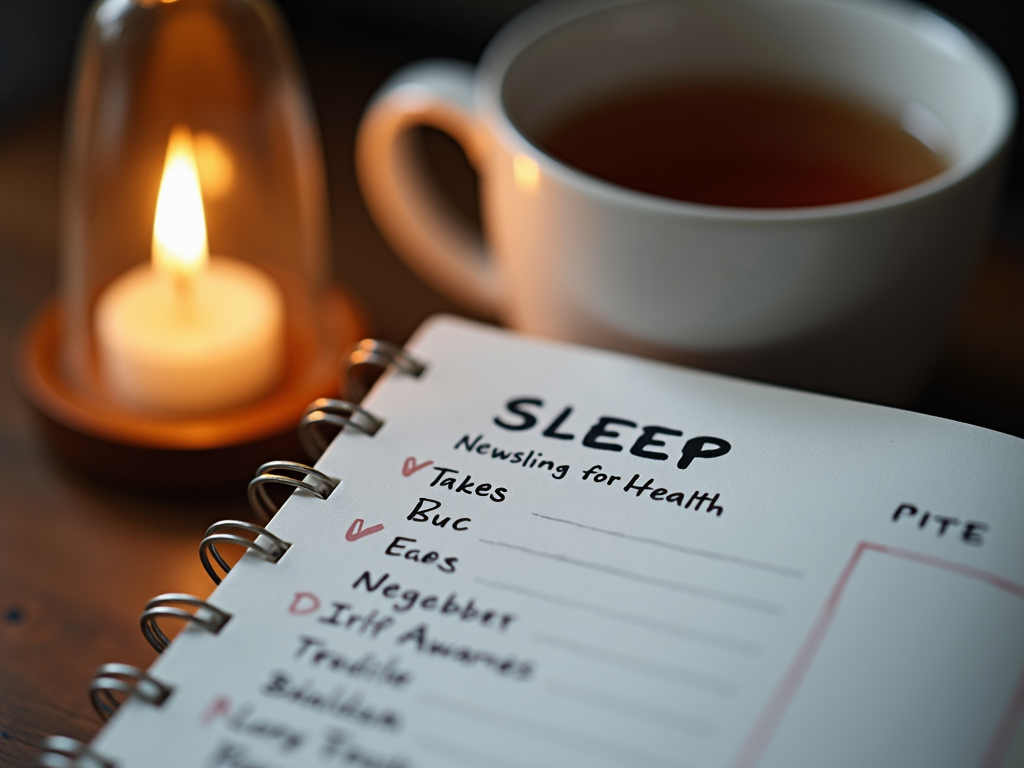Balancing Hormones: A Guide to Understanding Your Body
March 18, 2025, 8:56 a.m.
Overview
Balancing hormones is key to feeling your best. This guide dives into how your body’s hormones work, why they matter, and how to keep them in check. You’ll learn about natural solutions and when to seek help from experts like reproductive endocrinologists.
What Are Hormones?
Hormones are like tiny messengers in your body. They travel through your blood and tell different parts—like your brain, stomach, and reproductive organs—what to do. They control things like your energy, mood, and even how well you sleep. When they’re out of balance, you might feel tired, moody, or just off.
Why Hormonal Balance Matters
Keeping your hormones steady helps you stay healthy. For example, if your hormones get out of whack, you could gain weight or struggle with sleep. Hormones also play a big role in reproductive health, affecting periods, fertility, and more. Understanding them is the first step to feeling better.

Signs Your Hormones Might Be Off
Have you ever felt exhausted for no reason? Or maybe your periods are all over the place? These could be signs of a hormonal imbalance. Other clues include mood swings, acne, or trouble losing weight. I’ve heard from people like Sarah, who noticed irregular periods and later found out she had PCOS after seeing a doctor.
How Hormones Affect Fertility
Hormones are a big deal when it comes to having a baby. If they’re not balanced, ovulation might not happen, or sperm production could drop. Infertility can feel overwhelming, but treatments are available. Doctors often use hormone therapies to help people conceive.
Meet the Reproductive Endocrinologist
A reproductive endocrinologist is a doctor who focuses on hormones and reproduction. They’re experts at figuring out why your periods might be irregular or why getting pregnant isn’t happening. For menstrual disorders, a reproductive endocrinologist can run tests and suggest treatments to get things back on track.

Natural Ways to Balance Hormones
You don’t always need a doctor to start feeling better. Small changes in your daily life can help. Here’s how:
- Eat Smart: Load up on fruits, veggies, and healthy fats like nuts or olive oil. Skip sugary snacks and fast food—they can mess with your hormones.
- Move More: Exercise keeps your body happy. Even a daily walk can lower stress and help your hormones.
- Chill Out: Stress makes hormones go wild. Try deep breathing or a hobby you love.
- Sleep Well: Aim for 7-9 hours a night. Your body fixes hormones while you rest.
Food That Fuels Hormonal Health
What you eat matters a lot. A friend of mine switched to whole foods—think salmon, quinoa, and kale—and noticed less bloating and more energy. Healthy fats, like those in avocados, help your body make hormones. Fiber from veggies keeps everything running smoothly.

Exercise and Hormones
Moving your body does wonders. Regular workouts—like jogging or dancing—can balance hormones by cutting stress and boosting energy. It doesn’t have to be intense. Even stretching daily can make a difference. I’ve seen people feel lighter and happier just by staying active.
Stress and Your Hormones
Stress is a hormone wrecker. When you’re stressed, your body pumps out cortisol, which can throw everything off. Try simple tricks like breathing deeply for five minutes or taking a quiet walk. Yoga works too—it’s like a reset button for your system.
Sleep: The Secret Weapon
Never underestimate sleep. Your body uses those hours to repair and balance hormones. Skimp on rest, and you might feel foggy or irritable. Set a bedtime routine—maybe a book or soft music—and stick to it. It’s a game-changer.

When to See a Reproductive Endocrinologist
If things don’t improve, it’s time to call in an expert. A reproductive endocrinologist for menstrual disorders can help if your periods are painful or unpredictable. They’re also pros at fertility treatment, offering options like IVF if you’re trying to start a family.
Real Stories, Real Solutions
Take John, a guy in his 40s who couldn’t shake his tiredness. His doctor found a thyroid issue tied to his hormones. With meds and better habits, he’s back to his old self. Stories like his show why getting help matters.

Summary
Balancing hormones doesn’t have to be hard. Start with simple steps like eating well, moving, and resting. Know the signs of trouble—like fatigue or irregular periods—and don’t hesitate to see a reproductive endocrinologist if needed. Your body will thank you.